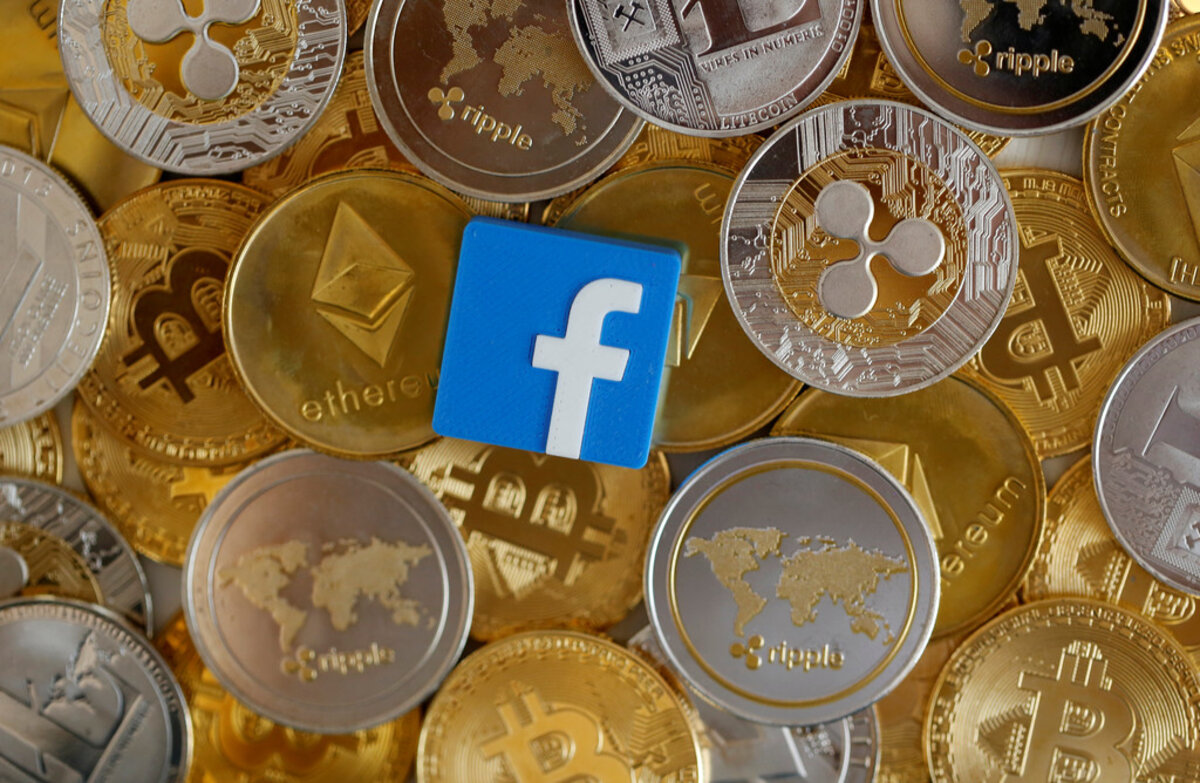The former Egyptian president’s short time in power demonstrated that in an era of political upheaval, honorable intentions are not enough. Flexibility and shrewdness are also needed to build a nascent democracy.
Monitor Daily Podcast
- Follow us:
- Apple Podcasts
- Spotify
- RSS Feed
- Download
 David Clark Scott
David Clark Scott
What goes on your grill this summer is becoming a moral statement.
America, it seems, has reached a culinary tipping point: The taste, texture, and smell of the plant-based and bovine-based patties are now nearly indistinguishable. See for yourself at Burger King or Wahlburgers. Veggie burgers are no longer just for vegetarians.
Bills to stop plant-based or lab-grown protein from being labeled “meat” or “beef” have been filed in 25 states. The Missouri Cattlemen’s Association calls it a question of integrity. It’s about protecting consumers from confusing nomenclature and deceptive ads. (OK, maybe it’s a little bit about protecting market share.)
They have a point: ”Meat,” according to Webster, is “animal tissue.”
But producers of these burgers say shoppers aren’t confused. All labels have clear qualifiers (“plant-based” or “meatless” or “vegan”) in front of “meat.”
Food companies have long fought over labels such as “natural” or “organic.” But this quest for the moral high ground goes beyond integrity or free-speech rights. It veers into what food is best for the planet.
Most research says growing vegetables uses less water and produces far less greenhouse gas than raising cattle. But a recent study in France suggests that when meat is omitted, people eat more fruits and vegetables – and that puts the two diets more environmentally on par.
Perhaps what’s needed is more research. Reynolds Wrap just posted a new position: chief grilling officer. The two-week gig pays $10,000 plus all expenses to travel America in search of the best barbecue ribs.
What if the winning ribs were plant-based?
Now to our five selected stories, including the quest for security in the Persian Gulf, how climate change is reshaping an iconic American park, and a look at whether political pragmatism is a viable path for a Democratic candidate.











